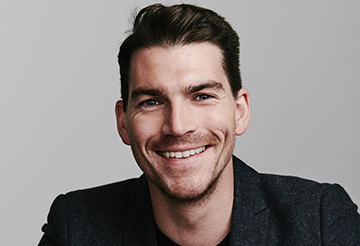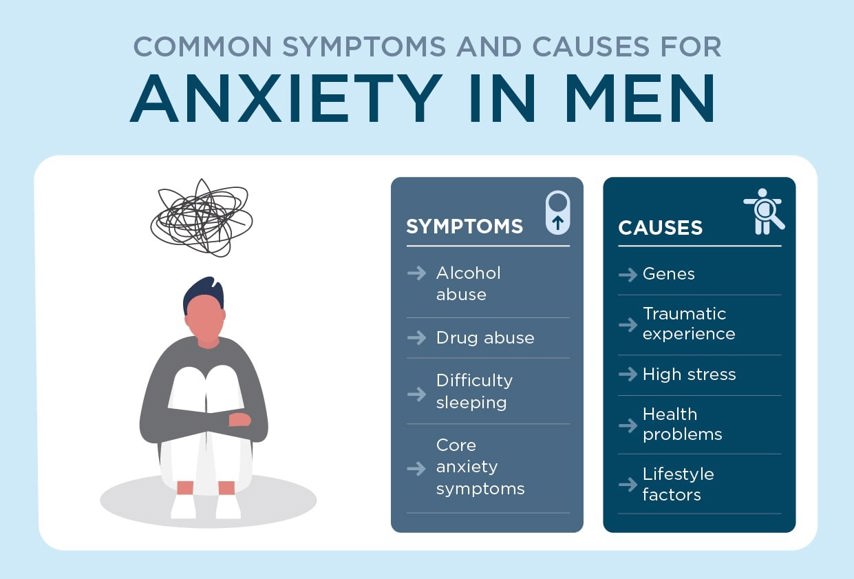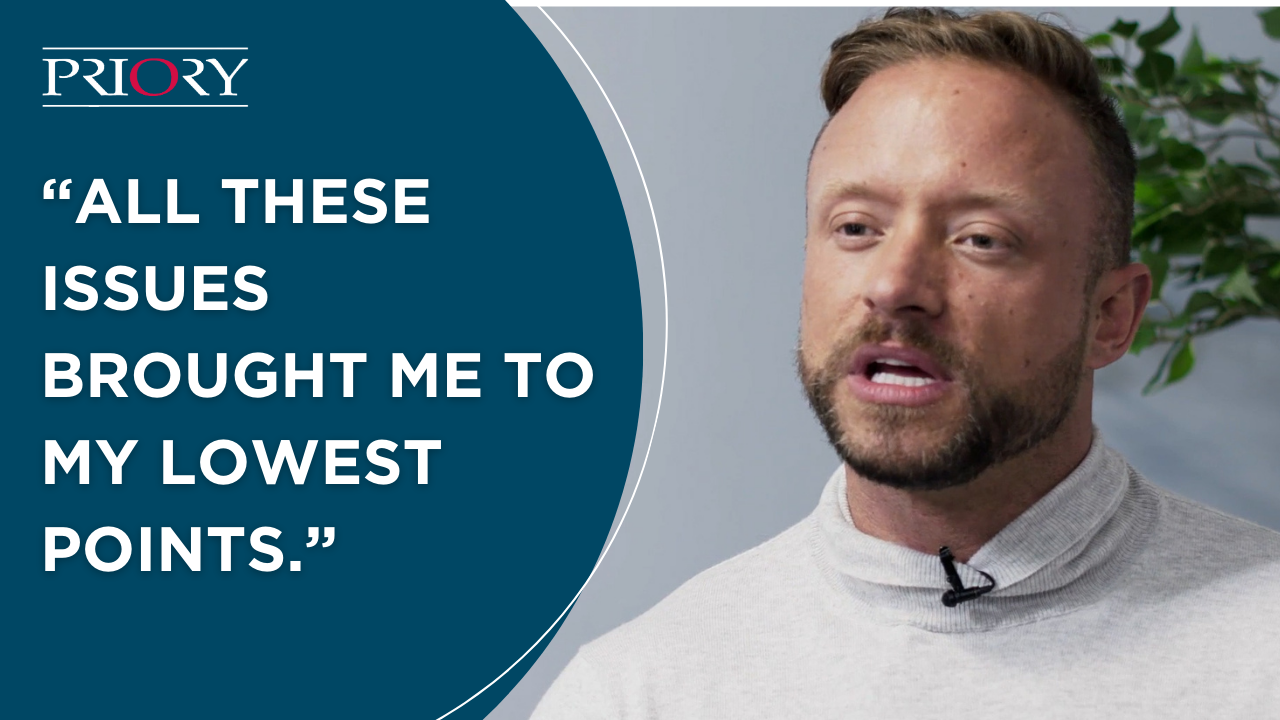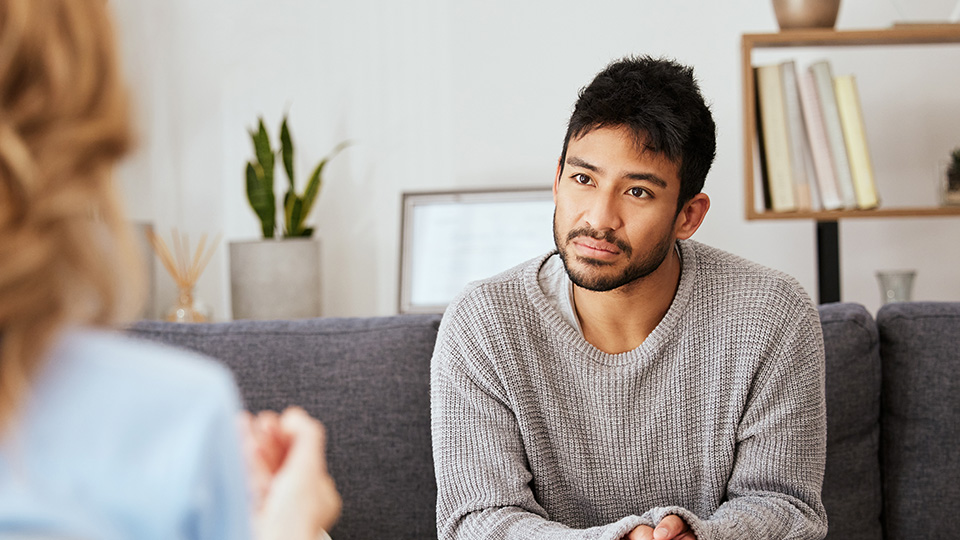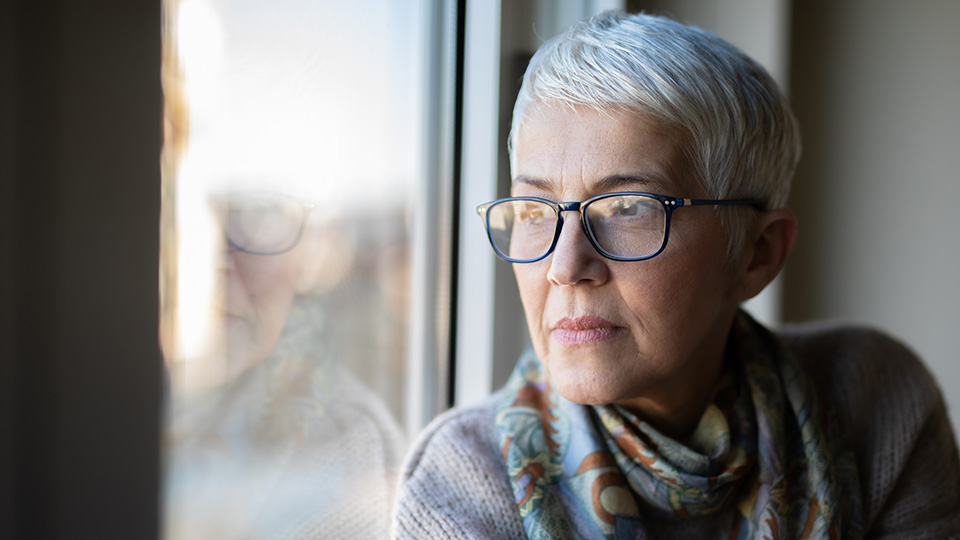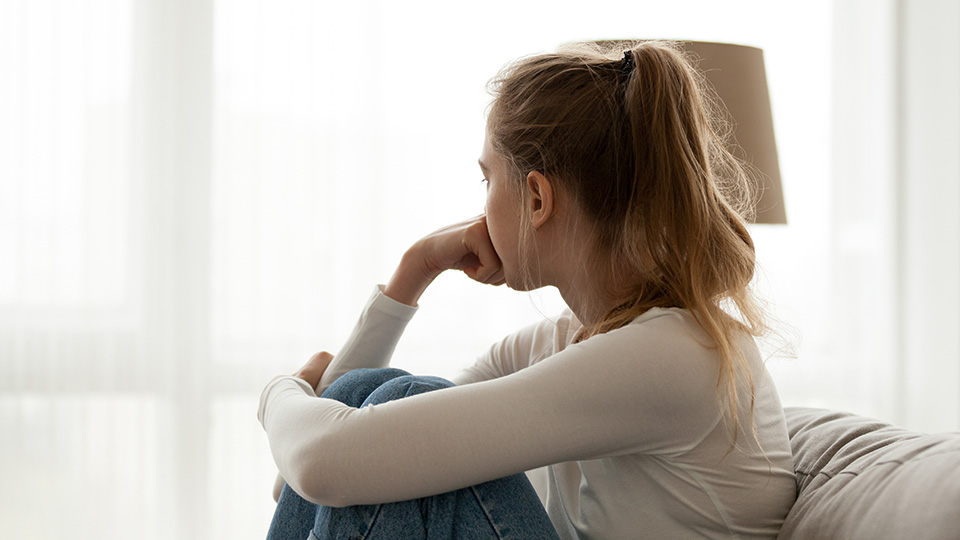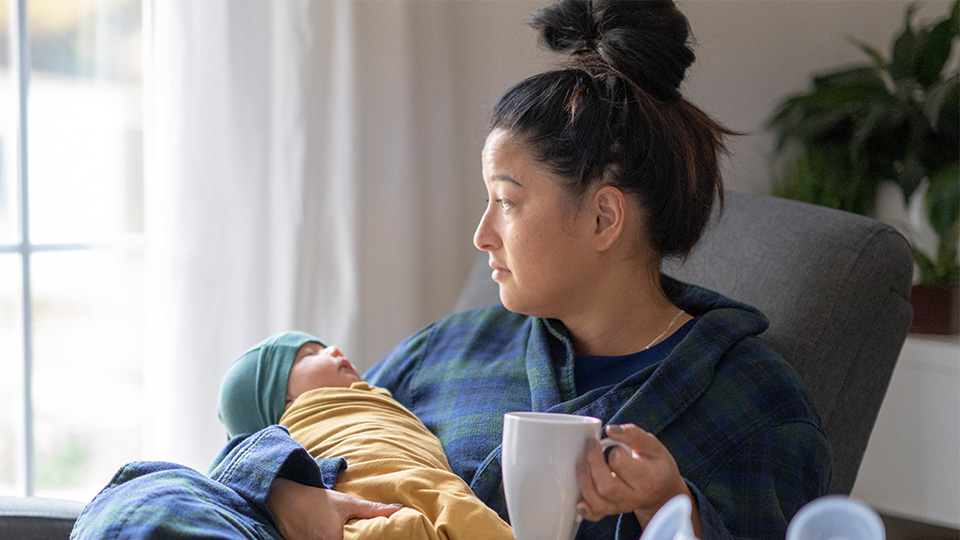What causes anxiety in men?
It’s unlikely that there’s a single cause for someone developing anxiety. Many factors can contribute and combine, leading to someone struggling with anxiety or a specific anxiety disorder. Common causes of anxiety, which are consistent across genders, include:
Genes
Genetics are known to play a role in the development of anxiety disorders, meaning that if you have a close relative who has struggled with the condition, it may increase the likelihood that you do too. This could be down to hereditary factors, or early exposure to anxiety and the behaviours that come with it.
Stressful or traumatic experiences
Significant or stressful events in your life, either now or in the past, can trigger anxiety. These might include excessive stress at work, financial worries, experiencing a bereavement or going through a relationship break-up. Your childhood can play a big role here too, with victims of abuse or neglect in childhood being more likely to struggle with mental health problems like anxiety in adult life.
Other health problems
If you’re experiencing health problems, whether these are physical or mental in nature, it might be that your anxiety is a symptom of this. Chronic physical health problems, where you're in constant pain, can leave you especially vulnerable to developing anxiety. Any existing mental health problems, such as depression, may also increase the likelihood of you developing anxiety.
Also, lots of different medications list anxiety as a potential side effect – thyroid and seizure medication are just two examples.
Lifestyle factors
Many aspects of your lifestyle can also lead to anxiety or make any existing anxiety worse. Excessive drug or alcohol use, your diet, quality of sleep, and how active you are, can all play a role in the development of anxiety. Men in particular will often find themselves turning to alcohol or drugs to self-medicate when feeling anxious, which can create a cycle of anxiety. Excessive use of alcohol can also lead to hangxiety, where someone feels nervous, on-edge and unable to relax after drinking.
How to help a man with anxiety
There are lots of things you can do to help a man with anxiety. Here are some dos and don’ts:
- Do encourage a healthy lifestyle. Eating healthily and exercising are known to be effective at reducing anxiety
- Do let them know you're there for them. There's nothing better than hearing a supportive voice when you're struggling with your mental health
- Do help them find treatment. From attending a GP appointment to researching treatment options, do what you can to support your loved one with treatment if they need it
- Don’t put too much pressure on them. Strike a balance between not enabling people’s anxieties and not forcing them to do something they don’t want to do
- Don’t expect instant results. People’s condition improves at different paces, and impatience will only be detrimental
- Don’t ignore or try to avoid them. People with anxiety can be quick to isolate themselves, so be sure to stay in regular contact


